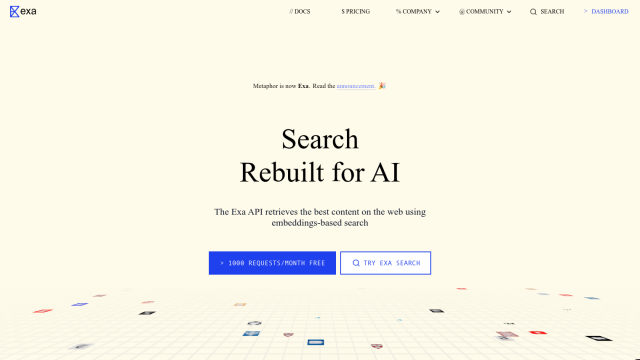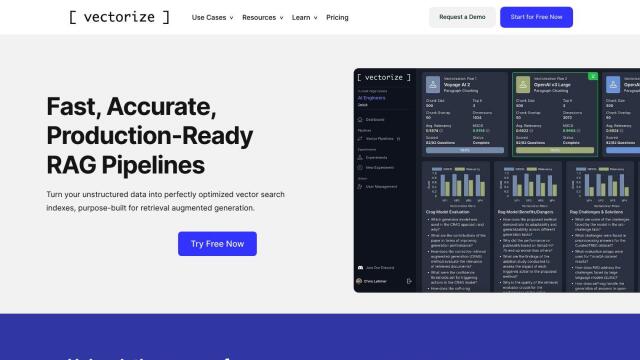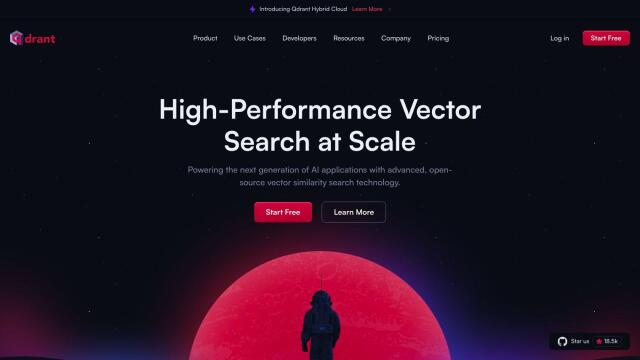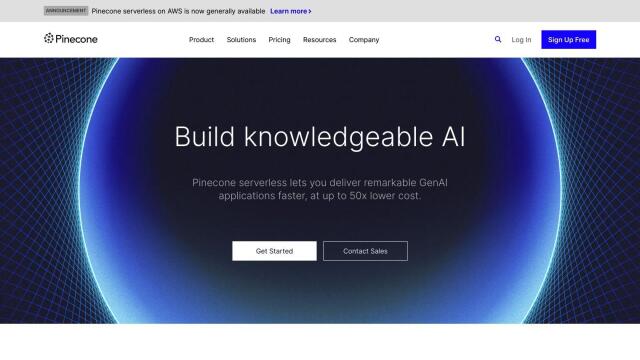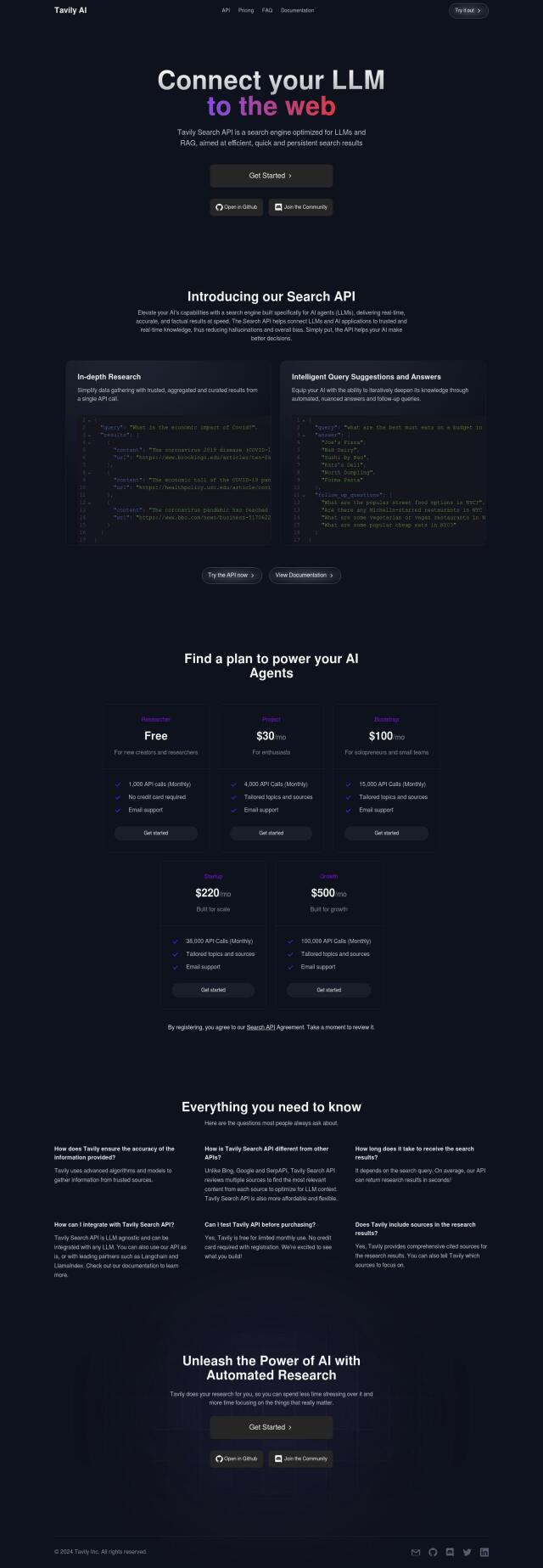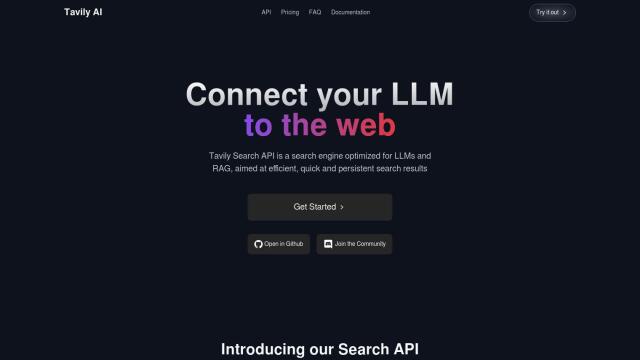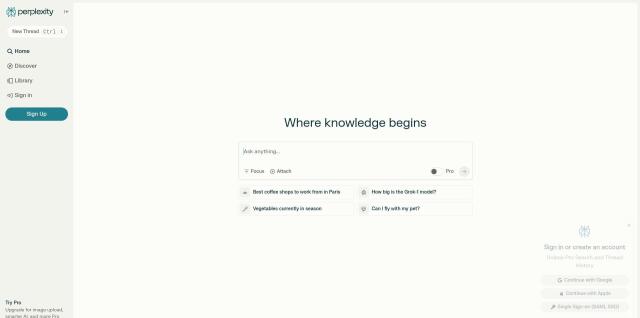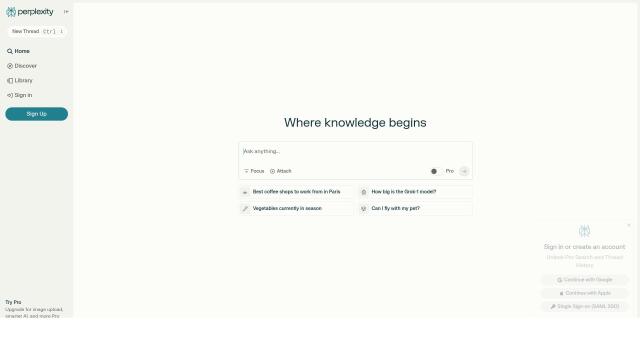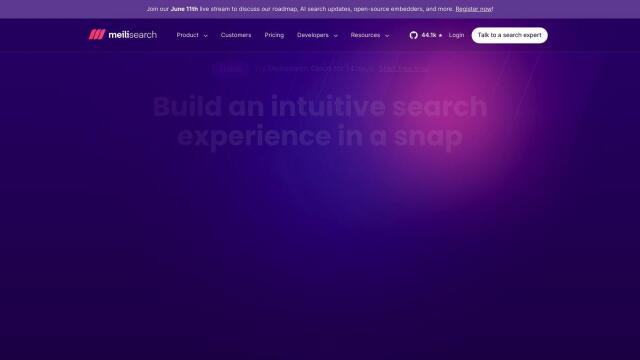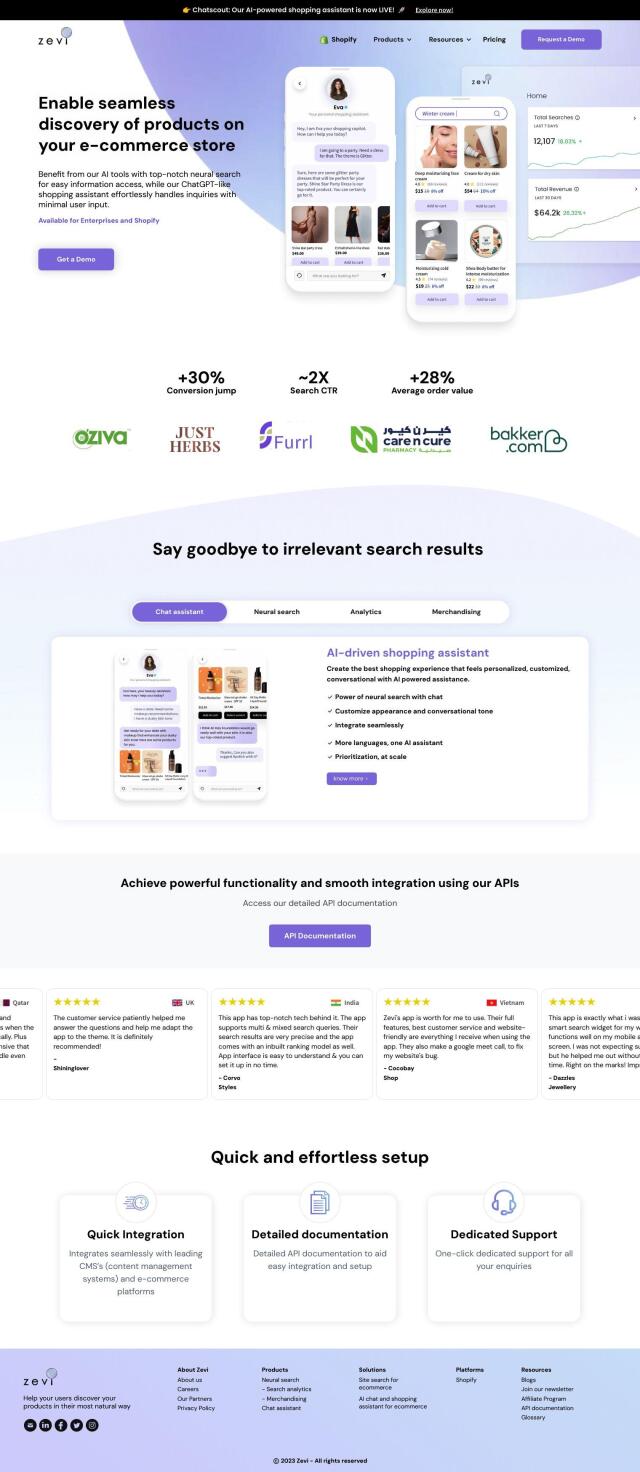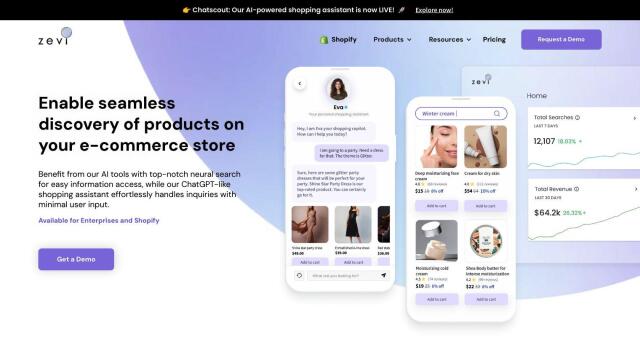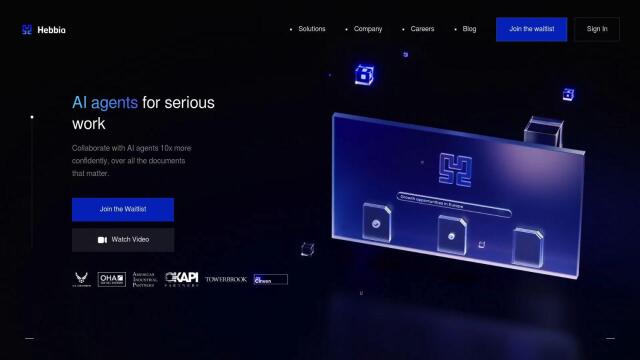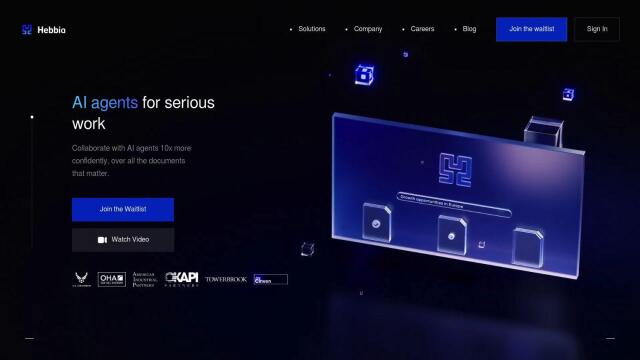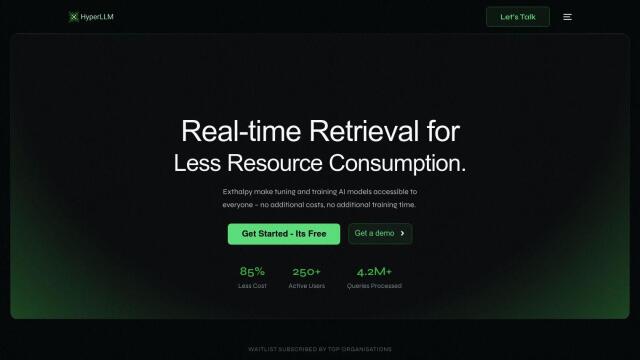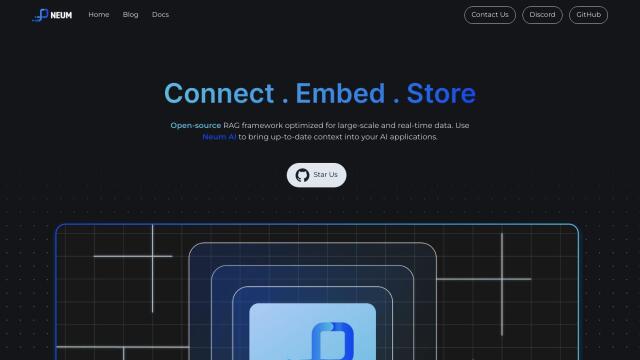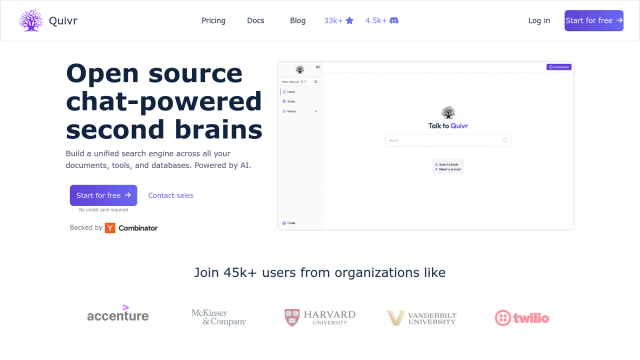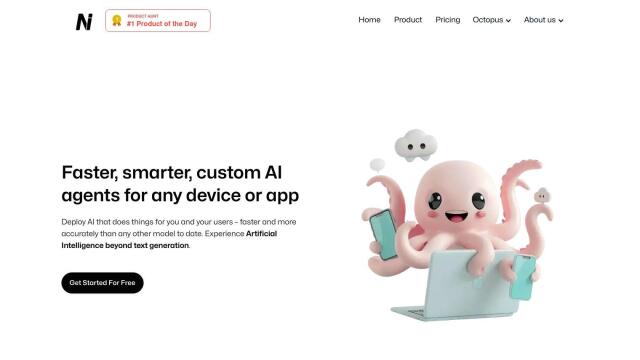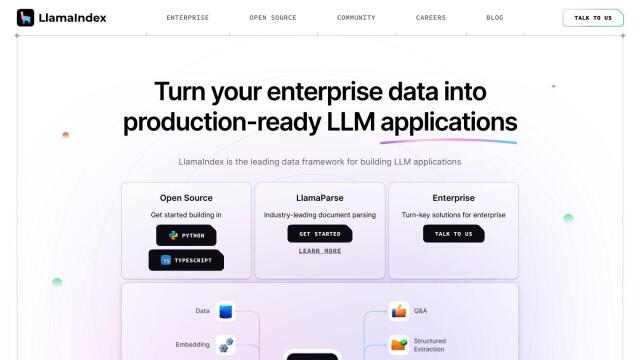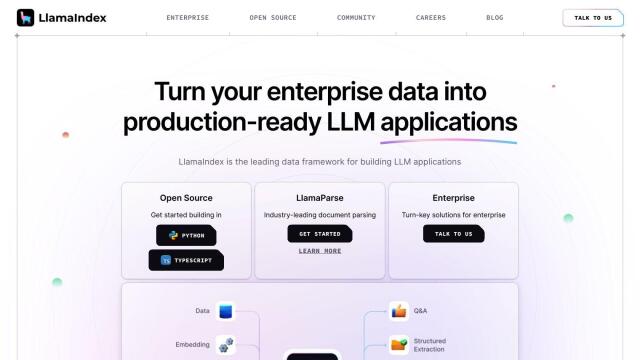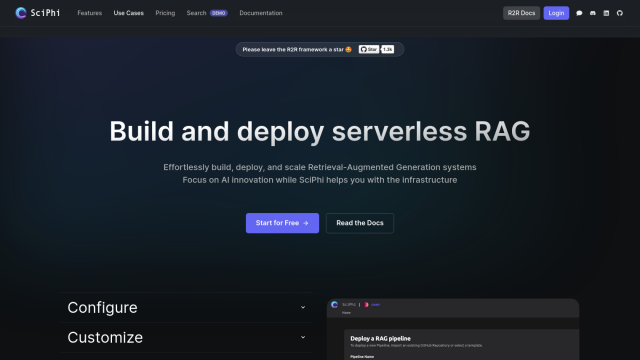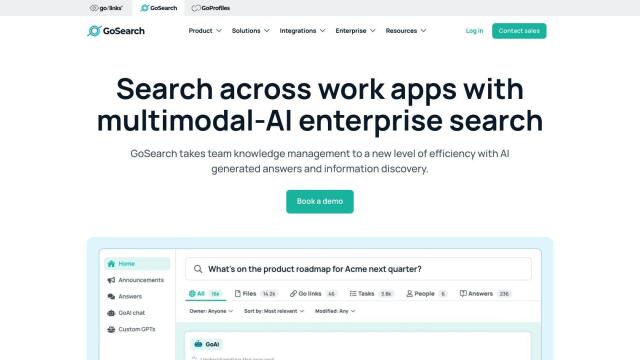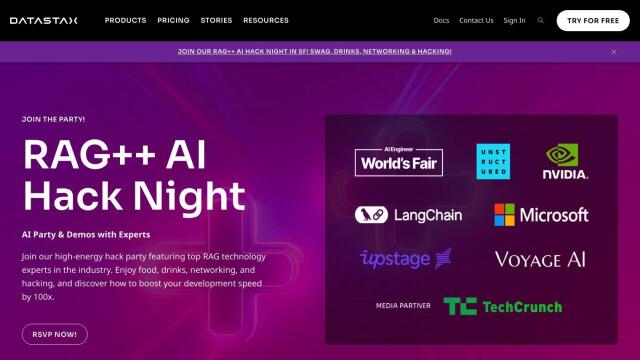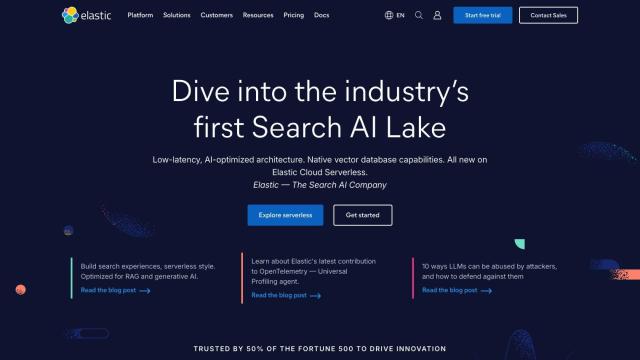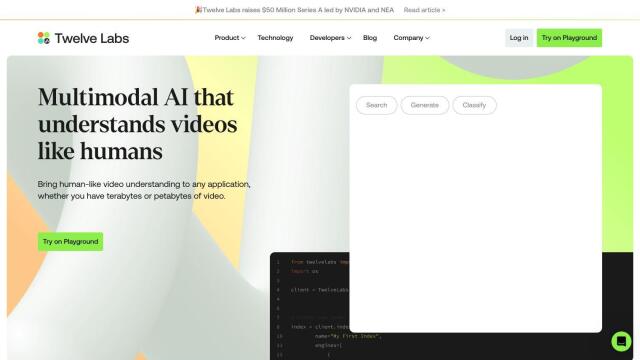
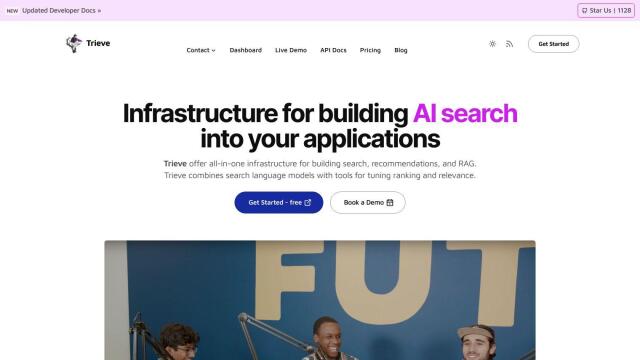
Trieve
If you're looking for another Exa alternative, Trieve is a good option. It's a full-stack infrastructure for building search, recommendations, and Retrieval-Augmented Generation (RAG) experiences. With private managed embedding models, SPLADE full-text neural search, and semantic vector search, Trieve has more advanced search capabilities for date recency biasing and semantic search. The service can use private and open-source models, and has flexible hosting options, so it's a good option.

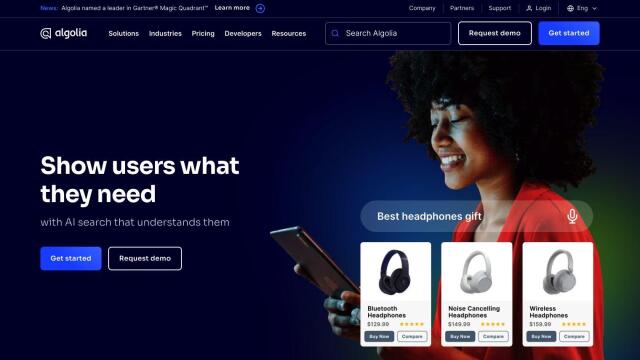
Algolia
Another good option is Algolia, an AI-powered search infrastructure for enterprises and developers. It marries keyword search with vector understanding and offers dynamic re-ranking based on user behavior and trends. Algolia's tiered pricing, including a Pay-As-You-Go option, means it's available for a range of use cases, including enterprise search, headless commerce and more.


Vespa
Vespa is also an option, a unified search engine and vector database that can search vector, lexical and structured data. It's good for building production-scale search applications, combining fast vector search with machine-learned models. The platform's auto-elastic data management means it can handle high performance and low latency, and it's a good foundation for many AI applications.

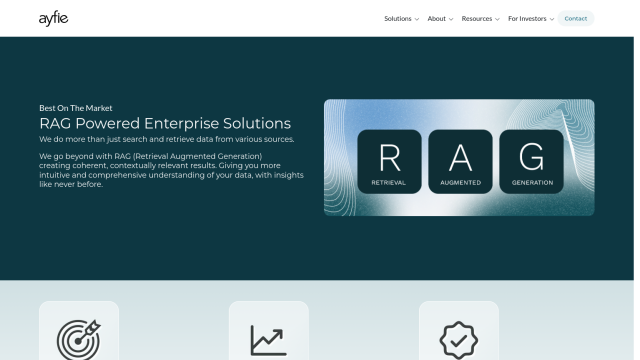
Ayfie
If you're looking for a more general-purpose enterprise search and integration platform, Ayfie offers Retrieval Augmented Generation (RAG) solutions that can return results that are more contextually relevant. It can integrate with a broad range of data sources and has more advanced security controls, so it's a good option for improving workflows and helping people make better decisions. Ayfie can be deployed in SaaS, Hybrid and Cloud options, so it should fit in with your organization's needs.

